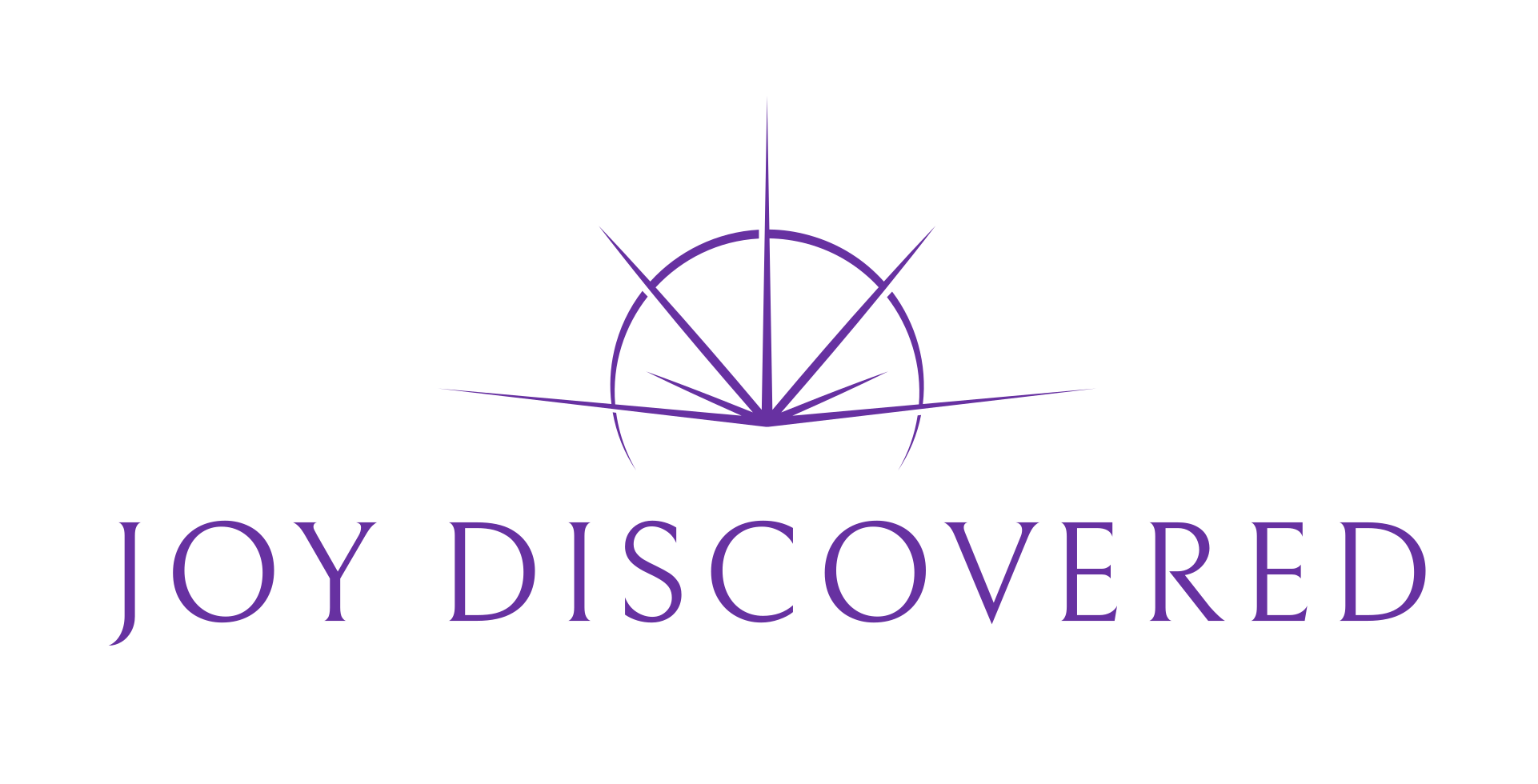You Always Have A Choice In How You Spend Your Time

A lot of people think that living a balanced life comes from effective time management. But that’s just one part of the equation. Beyond time management and productivity, the greatest factors I see that influence balance are self-mastery, emotional wellness, mindfulness, and effective boundaries.
For now, I’d like to speak with you about a mindful approach to time management, so you can begin creating more space in your days doing the things that bring you joy. (We’ll get to the other four factors later, or you can explore my Mindful Balanced Life Coaching Program where I guide you step-by-step through mastering all five.)
You Always Have A Choice
First of all, you must understand that you, and you alone, are responsible for how you choose to spend your time. No one is forcing you to dry your hair. No one is forcing you to bake cup cakes for the fundraiser. No one is forcing you to have a crumb-free floor. No one is forcing you to do your job. No one is forcing you to feed your children even (though child services could take them away from you if you don’t).
Obviously, I don’t recommend not feeding your children. My point is not to neglect the things that are important to you. But to understand that you always have a choice in what you deem important and how you spend each and every minute of your life.
“But I have to pay my taxes!” people who have a hard time buying into their co-creative power often say to me. Actually, no, you don’t. You can choose not to, and then accept the consequences of your choice. You can choose to move to a different country with a different tax structure. You can choose to live off the grid. You always have a choice.
Time is precious and our greatest resource. In order for time to work for you, you have to move out of being the victim of time, and, instead, be the creator of it. For me, that starts by reminding myself that I always have a choice in how I use my time. In fact, I have moved away from saying “I don’t have time for this” or “I can’t find the time for that.” The truth is that “I choose not to spend the time on this right now (or at all)” or “I have chosen not to find time for this yet.”
If your schedule does not reflect your values and what brings you joy, that is because you have chosen not to prioritize them. You have control over this; you have the power to change it.
Work Expands To Fill The Time Allotted For It
To choose the best way to spend your time, it’s important to understand Parkinson’s Law: “Work expands to fill the time available for its completion.” That’s why before I had children I was going to work early and staying past 7pm many nights. But after my first son was born and I went back to work full time, I chose not to start until 9am and had a hard stop at 5:45pm every night due to our childcare schedule. Even with these reduced hours, I got at least the same amount of work done, if not more, and upped my efficiency.
It’s why deadlines work great for me. If I give myself 5 weeks to get a project done, it will take 5 weeks. If I give myself 5 days to get it done, it will take 5 days. Start giving yourself short deadlines (especially for things you tend to procrastinate on) at work and home and get to work to get them done in the time you plan for yourself.
“But there’s no way I could finish the project in 5 days!” Naysayers argue. Well, if it were possible, what would you do to make it happen? Let’s remember to always move into solution and possibility mode with a growth mindset, rather than staying stuck in a victim-oriented fixed mindset.
Your Best Is Not Perfection
Many successful executives have told me over the years, “Done is better than perfect.” It’s important to remember this because so many of my clients (and myself!) get hung up on getting everything perfect before moving on. But perfectionism is a form of procrastination that holds us back from making our mark on this world. Instead, let’s strive for excellence or doing our best, rather than for perfection.
I love the book, “The Four Agreements” by Don Miguel Ruiz. One of the four agreements is “Always do your best.”
I like to remind my clients to always do their best, and then I add in this important addition to Ruiz’ agreement: Understand your best is not perfection.
As Ruiz explains, when you do your best in any and everything in life, you avoid self judgement and regret. Doing your best is also very much tied to the present moment, because your best will change from moment to moment. Your best will look different when you’ve gotten 8 hours of sleep vs. 5, when your family is healthy or when someone is sick, when you are an expert at something or when you’ve just started out.
Always do your best for the moment that is right now in front of you, but do not strive for perfection. Perfection doesn’t exist (except, perhaps, if you look at the perfect beauty of nature and the abundance of life our entire ecosystem provides). When you mistake your best for perfection you will spend unnecessary time and energy on things that don’t matter. It will actually impact you being able to do your best in other areas of your life because the perfection will keep you bogged down on the thing in front of you you think is so important.
Always do your best on the things that matter, and be sure to enjoy!
Lots of love, your coach,
Sara

What's your greatest take-away from this blog? Any questions?